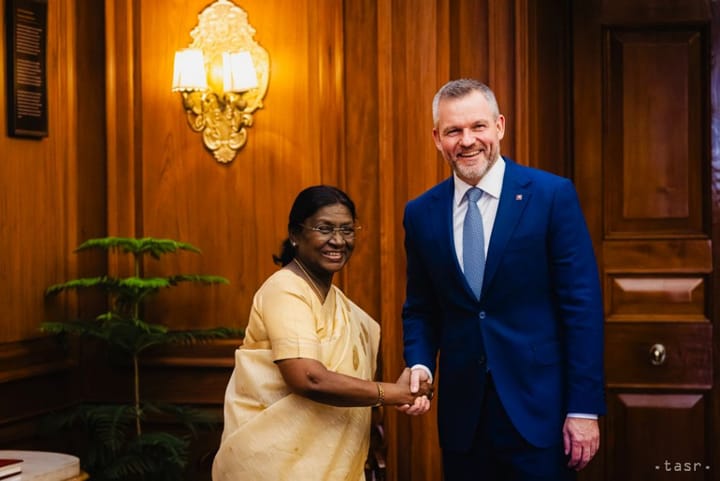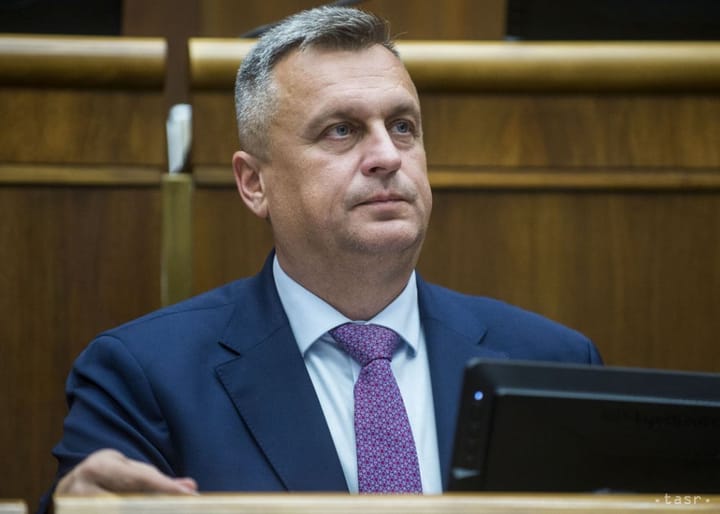CoFoE: Health Must Be EU's Priority, Experts Concur

Bratislava, January 10 (TASR) – The European Commission under the leadership of Ursula von der Leyen is aware that public health must be among the Union’s priorities in the future, Maria Brozmanova of the Permanent Representation of the Slovak Republic to the EU in Brussels, health analyst Martin Smatana and health expert Peter Pazitny have concurred in a discussion on TASR TV.
When asked about the future direction of the EU, the trio stressed the need to complete a European Health Union, which is also a topic discussed at the Conference on the Future of Europe (CoFoE).
“The package concerning the European Health Union includes, for example, a revision of the regulation on the European Centre for Disease Prevention and Control (ECDC). The idea has been to strengthen the ECDC’s powers so that it could better monitor the situation in EU-member countries, to better cooperate with the World Health Organisation [WHO] and also with third countries,” explained Brozmanova, who is in charge of health affairs at the Permanent Representation of the Slovak Republic to the EU in Brussels.
“The revision also includes a regulation to strengthen the powers of the European Medicines Agency (EMA) to ensure and also better monitor the distribution of medical devices and medicines. Last but not least is a regulation on cross-border health threats, which allows for declaration of an emergency at the EU level – which is absolutely key – and also for the development of an EU preparedness plan to complement national preparedness plans for future cross-border health threats,” Brozmanova explained.
In addition, she also mentioned a regulation on activating an emergency framework that will set up a new European Health Emergency Preparedness and Response Authority (HERA). Health expert Peter Pazitny pointed out that the level of pandemic management “varies diametrically” across EU-member states. According to him, the pandemic is not just about managing “covid as a disease”.
“It turns out that COVID-19 is being managed very well by those countries that are generally very good at the management of chronic diseases. COVID-19 affects primarily people who are chronically ill, have compromised immunity and those who are vulnerable,” said Pazitny. The expert also drew attention to the fact that EU countries also have “diametrically different financial strength”, which is reflected in the management of the fight against the pandemic.
Health analyst Martin Smatana recalled that the Union does not have direct powers in the field of health care, but nevertheless, in his opinion, it has done its utmost. “If we look at what the EU’s powers are and how it could have helped us, we learn that it’s done what it could. It bought vaccines, tests and face masks centrally,” noted Smatana, remarking that it was the joint purchase of vaccines that was essential.
“Both the EMA and ECDC are doing their job very well. If we did not have the European Medicines Agency, I cannot imagine what vaccines we’d use today… The ECDC provided the oversight of all measures, did the reviews, the concepts and the studies, from which the Slovak council of experts also drew. This means that the EU, within the limits of what it was legislatively able to do, fulfilled its role the best it could,” Smatana said, adding that in his view “it’s a pity that the European Union hasn’t had an even greater impact on some member states”.



